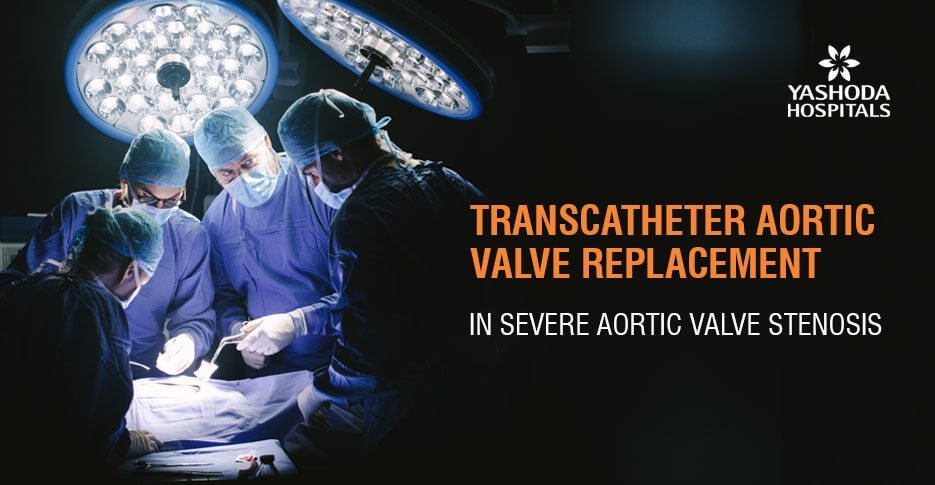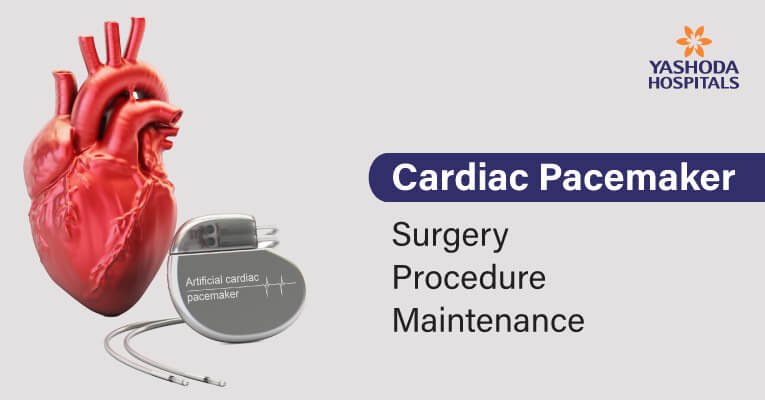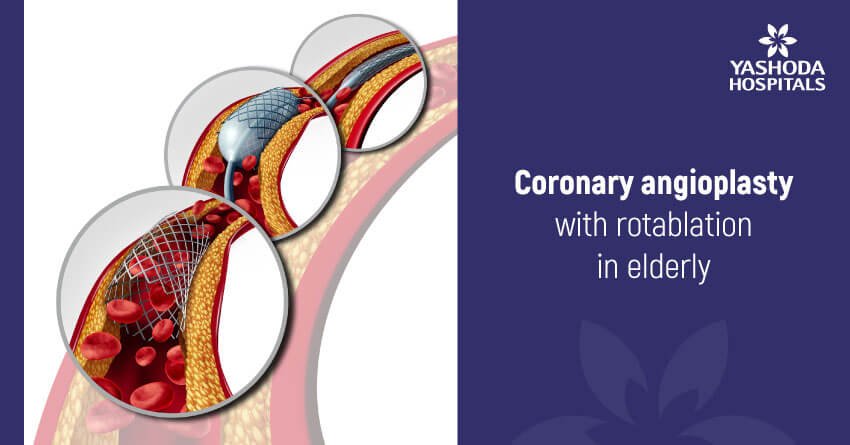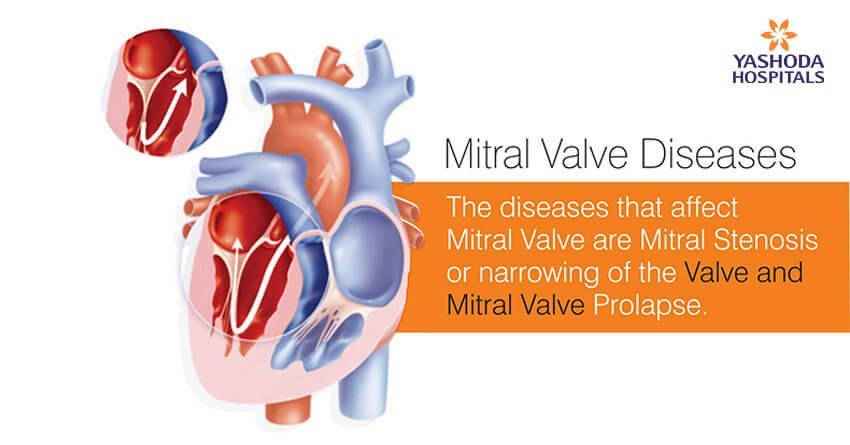Cardiothoracic Surgery Disease & Conditions in Hyderabad
The Department of Cardiology treats various cardiovascular and cardiothoracic diseases such as:
- Atrial Septal Defect: It refers to the presence of a hole in the septum between the two upper chambers or atria of the heart.
- Coronary Thrombosis: It is defined as the presence of a blood clot inside a blood vessel of the heart, which can restrict the blood flow within the heart, and lead to heart tissue damage, or myocardial infarction.
- Heart Attack: A heart attack refers to the death of a part of the heart muscle that results due to loss of blood supply. The blood supply is usually cut off when an artery supplying the heart muscle is blocked by a blood clot. It results in severe chest pain and electrical instability of the heart muscle.
- Cardiac Arrest: It refers to a sudden loss of blood flow resulting due to the failure of the heart to pump blood effectively. The signs of it include loss of consciousness and abnormal or absent breathing.
- Heart Valve Disease: Heart valve disease occurs when one or more heart valves are unable to open or close correctly. When it affects more than one heart valve, it is known as multiple valvular heart disease.
- Hypertension: It is a chronic disease, more commonly known as high blood pressure, in which the blood pressure in the arteries is higher than normal. Hypertension is usually defined as blood pressure above 140 by 90 and is considered to be severe when the pressure is above 180 by 120. An untreated condition of hypertension, can over time, cause other serious health conditions such as stroke.
- Cardiomyopathy: It is a disease of the heart muscle that makes it harder for the heart to pump enough blood to the rest of the body, and can often lead to heart failure. The major types of cardiomyopathy are dilated, hypertrophic and restrictive cardiomyopathy.
- Congenital Heart Disease: These diseases refer to the conditions that are present at birth. The defects may involve the walls of the heart, the valves, as well as the arteries and veins present near the heart. They disrupt the normal flow of blood through the heart.
- Arrhythmia: It is a condition in which the heart either beats too fast or too slow, or may beat at an irregular rhythm. It occurs when the electrical impulses in the heart do not function properly.
- Coronary Artery Disease: It is caused due to the build-up of plaque inside the coronary artery, which leads to the narrowing of the arteries, thereby decreasing the flow of blood to the heart.
FAQs
1. What are the conditions for a heart transplant?
The major reasons for people requiring heart transplants are dilated cardiomyopathy, severe coronary artery disease with scarred heart tissue due to a heart attack, or congenital defects of the heart.
2. What causes heart failure?
Heart failure is caused when the heart muscle is unable to pump blood as well as it should. Certain conditions such as narrowed arteries in the heart, hypertension are responsible for leaving the heart too weak or stiff to fill and pump blood efficiently.

















